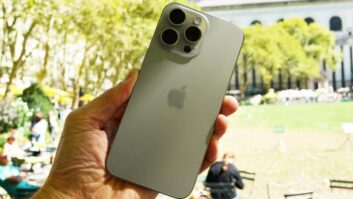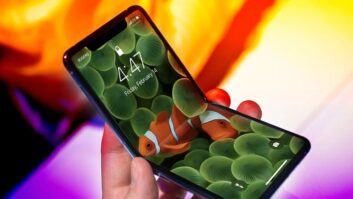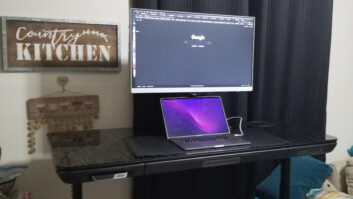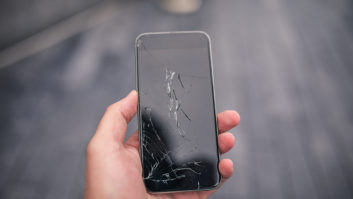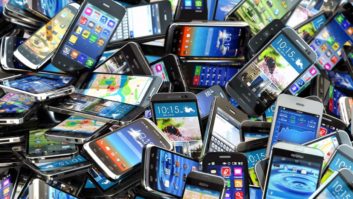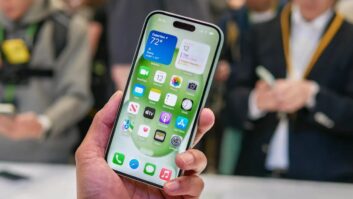Washington –
Cellphone owners who modify, or “jailbreak,” a phone to run third-party
applications not approved by the phone maker aren’t violating the Digital
Millennium Copyright Act (DMCA), the U.S. Copyright Office ruled.
The office also
renewed a 2006 ruling allowing consumers and such businesses as cellphone
recyclers to unlock cellphone handsets so they can be used on other cellular
networks.
Every three years,
the Copyright Office reviews the DMCA to determine whether to exempt actions
that could be considered in violation of the act’s prohibition against circumventing
technologies that control access to copyrighted works, said the
Electronic Frontier Foundation
(EFF), a lobbying
group that supported the exemptions in hearings before the office.
In its ruling, the
Copyright Office rejected Apple’s claim that the DMCA prevents people from
installing unapproved programs on iPhones, EFF said. “When one jailbreaks a
smartphone in order to make the operating system on that phone interoperable
with an independently created application that has not been approved by the
maker of the smartphone or the maker of its operating system, the modifications
that are made purely for the purpose of such interoperability are fair
uses,” the Copyright Office said.
The ruling also
clarified the legality of unlocking cellphones. The rule was modified to apply
only to used mobile phones, not new ones, EFF said, ensuring that cellphone recyclers
such as Wireless Alliance, ReCellular and Flipswap could recycle and resell
handsets originally made for one network to operate on another. Digital locks make it harder to resell, reuse
or recycle handsets, EFF said.
The ruling also
continues to ensure that consumers who bought a phone locked to one network
will be able to another network, but only if “access to the network is
authorized by the operator of the network,” the office ruled.
The Copyright
Office, said EFF’s civil liberties director Jennifer Granick, “recognizes that
the primary purpose of the locks on cellphones is to bind customers to their
existing networks, rather than to protect copyrights,”
In another ruling,
the Copyright Office approved the circumvention of copy-control technology on
DVDs, but only in such limited circumstances as educational use, documentary
filmmaking and making other types of noncommercial videos.
Short portions of
motion pictures on DVDs that are lawfully made, acquired and protected by the
Content Scrambling System can be copied “for the purpose of criticism or
comment, and where the person engaging in circumvention believes and has
reasonable grounds for believing that circumvention is necessary to fulfill the
purpose of the use in the following instances,” the Copyright Office said.




